POPULATION
262,238
CURRENCY
EURO (€)
TIMEZONE
GMT +3:00
LANGUAGE
GREEK
TURKISH
WEATHER
JULY 26ºC /
JANUARY 12ºC
AIRPORTS
Larnaca International Airport
Paphos International Airport
HISTORICAL IMPORTANCE OF LIMASSOL
Limassol, Cyprus, boasts a rich historical tapestry that dates back to antiquity. The city has been a pivotal maritime and trade center since its establishment. It flourished during the Byzantine period and saw significant growth under the Lusignan rule, evidenced by landmarks such as the medieval Limassol Castle, where Richard the Lionheart reportedly married Berengaria of Navarre and crowned her Queen of England in 1191. Limassol's strategic coastal location made it a key player in the Crusades and subsequent Venetian and Ottoman occupations, shaping its diverse cultural and architectural heritage. Today, the city seamlessly blends its ancient past with modern development, attracting visitors and historians alike to explore its storied streets and historical sites.
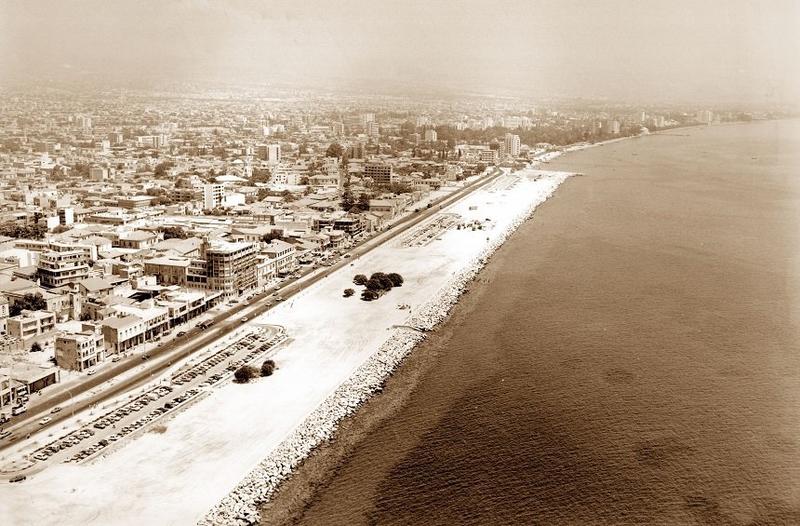
BETWEEN HARBORS
The name "Limassol" is derived from the Greek word "Lemesos" (Λεμεσός). The exact origin of the name is somewhat uncertain, but it is widely believed to come from the Greek words "limen" (harbor) and "mesos" (middle), suggesting a location "in the middle of the harbor" or "between harbors." This etymology reflects Limassol's strategic position along the southern coast of Cyprus, historically serving as a crucial maritime and trade hub between the East and the West. Throughout history, Limassol has been a significant center for commerce and culture, influenced by various civilizations, including the Byzantines, Crusaders, Venetians, and Ottomans. The city's name evolved through these influences, but its role as a central and vital port city has remained consistent. Today, Limassol continues to be a vibrant urban center, blending its rich historical legacy with modern development, attracting tourists, investors, and residents alike.
THE BEST TIME TO VISIT LIMASSOL
The best time to visit Limassol, Cyprus, is during the spring (April to June) and autumn (September to October) months. During these periods, the weather is pleasantly warm, ranging from 20°C to 30°C (68°F to 86°F), making it ideal for exploring the city's beaches, historical sites, and outdoor activities. Spring brings blooming flowers and vibrant landscapes, while autumn offers a slightly cooler climate and fewer tourists, providing a more relaxed experience. Additionally, visiting during these times allows travelers to avoid the peak summer heat and crowded tourist season, ensuring a more comfortable and enjoyable stay in Limassol.
TRANSPORTATION TO LIMASSOL
Transportation to Limassol is convenient and well-connected, primarily through Larnaca International Airport, which is about a 45-minute drive from the city, and Paphos International Airport, approximately an hour away. Both airports offer numerous international flights and have efficient ground transportation options, including taxis, shuttle services, and car rentals, to reach Limassol. Additionally, intercity buses operate regularly, providing a cost-effective option for travelers from various parts of Cyprus. Once in Limassol, the city boasts a comprehensive local bus network, taxis, and rental services, ensuring easy navigation and access to its attractions, beaches, and business centers.
CYPRIOT WINE
Limassol is renowned for its rich winemaking heritage, anchored by its proximity to the fertile wine-producing regions of the Troodos Mountains. The city is famously associated with Commandaria, one of the world's oldest named wines, dating back to the Crusader era. Limassol's annual wine festival, held every September, celebrates this legacy, drawing locals and tourists to sample a wide array of Cypriot wines. The region's wineries, many of which are family-owned, offer tours and tastings, allowing visitors to explore vineyards, learn about traditional and modern winemaking techniques, and enjoy the diverse flavors of local varietals such as Xynisteri and Maratheftiko. Limassol's vibrant wine culture not only highlights its historical significance but also its ongoing contribution to Cyprus's burgeoning wine industry.
THINGS TO DO AND PLACES TO VISIT
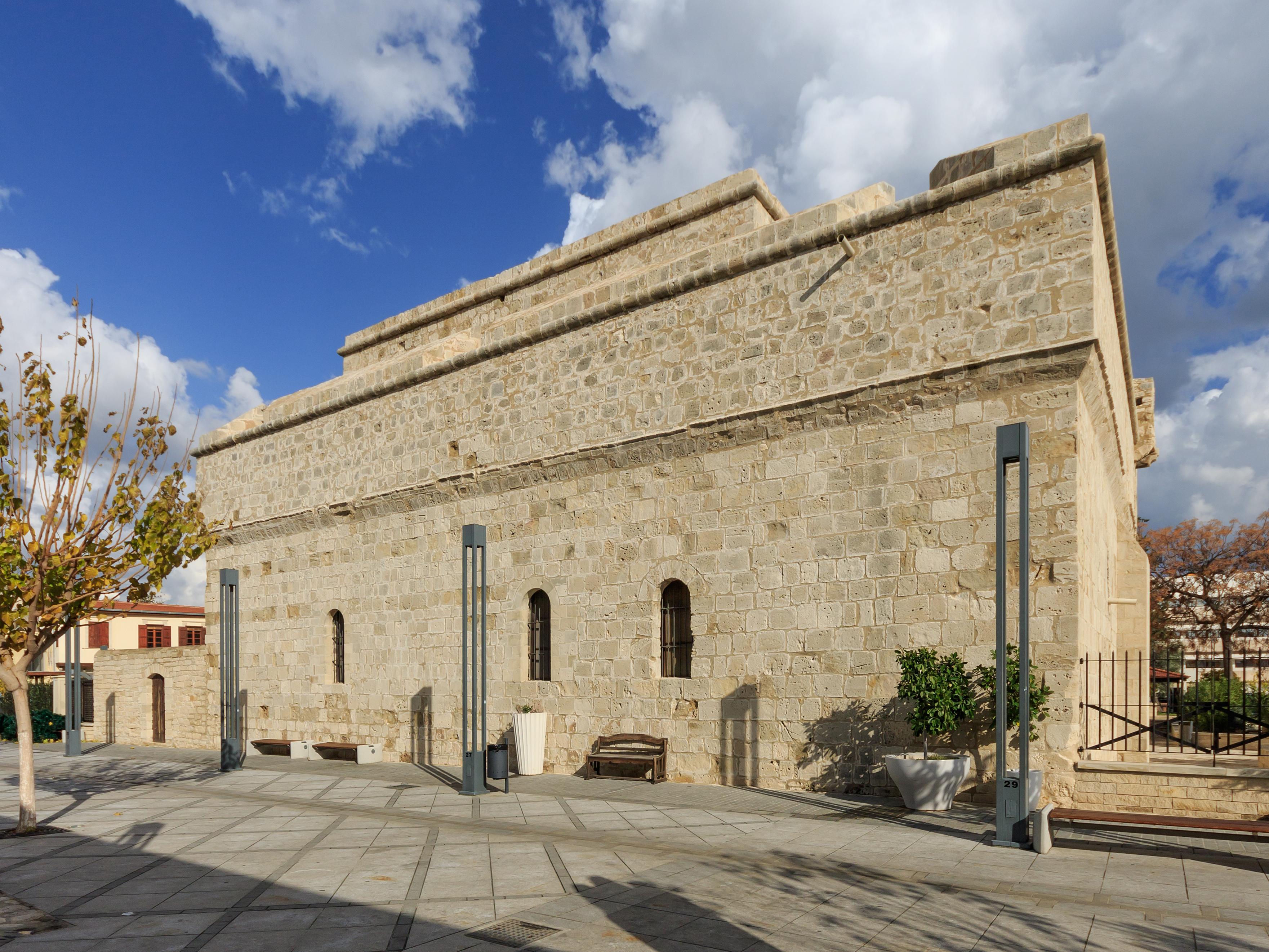
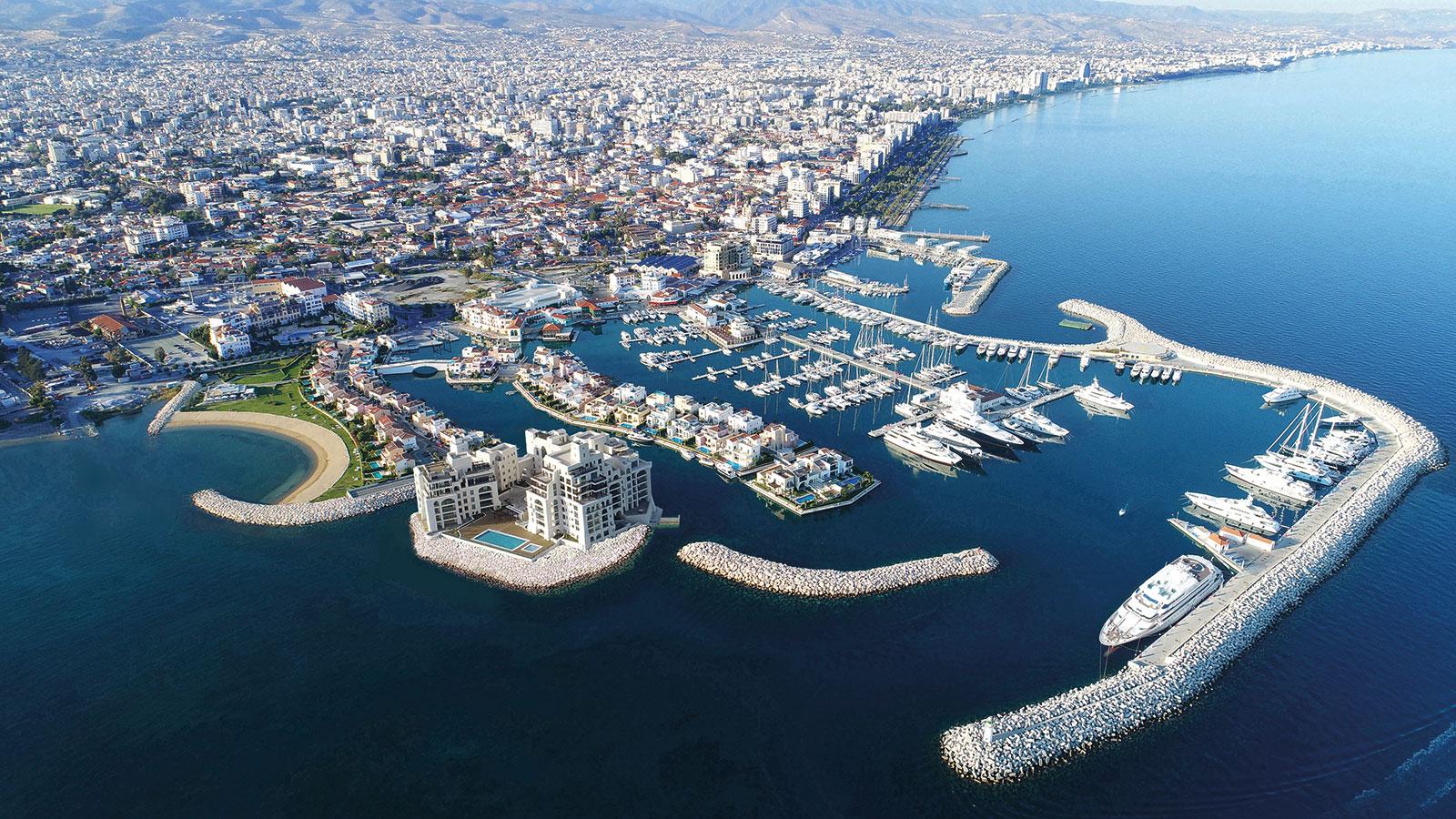
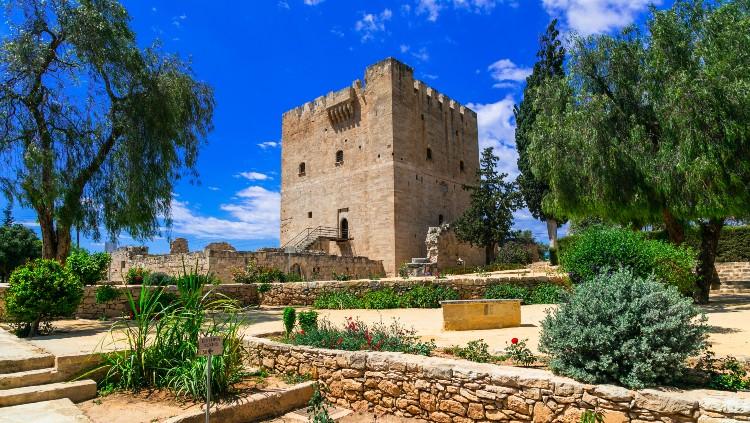

WHAT TO EAT IN LIMASSOL
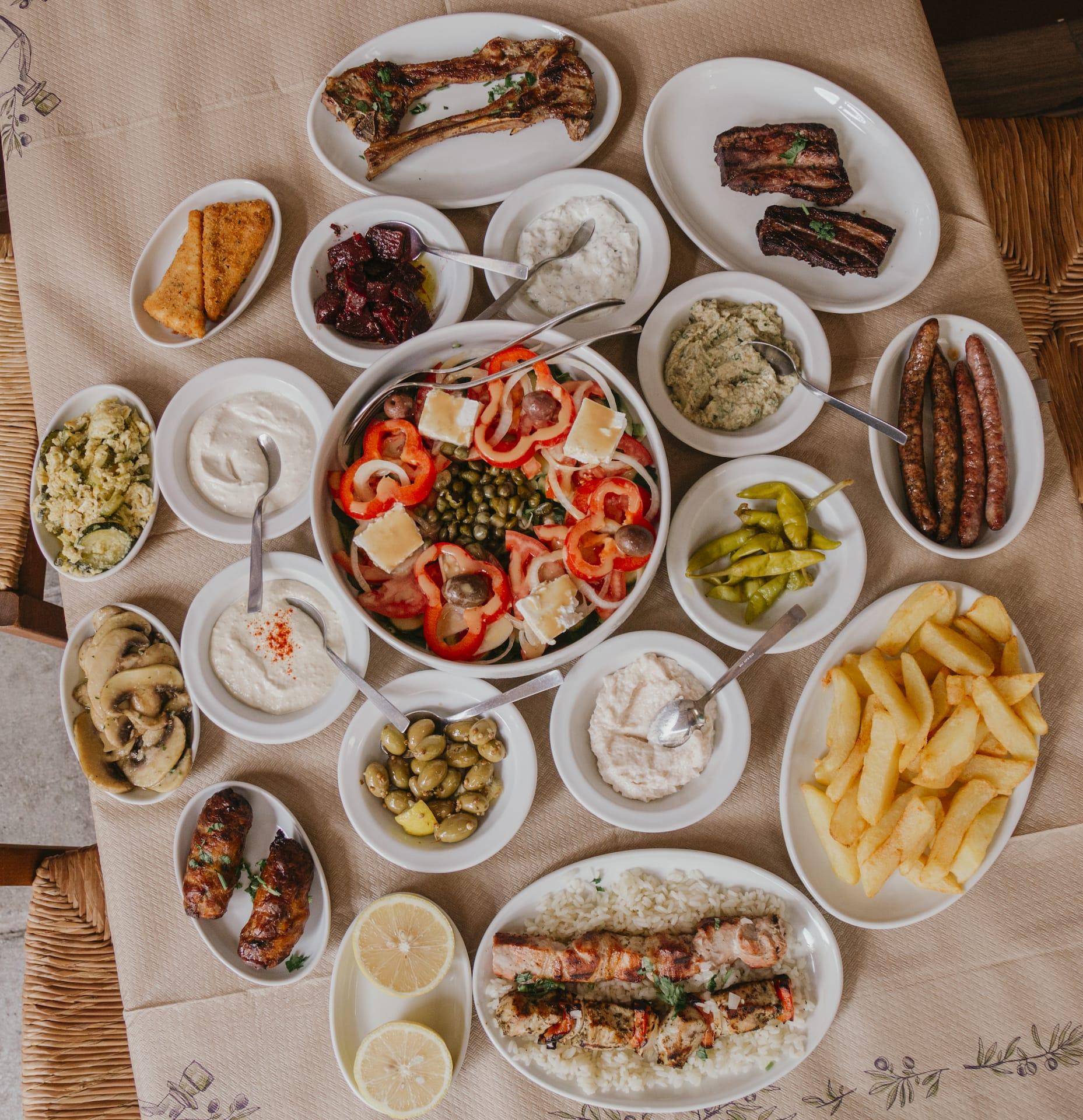
MEZE
Meze is a traditional dining experience in Cyprus and throughout the Eastern Mediterranean, consisting of a variety of small dishes served as appetizers or as a full meal. Typically enjoyed with family and friends, meze offers a communal dining experience where guests share and savor an array of flavors and textures. The selection of dishes can include dips like tzatziki (yogurt and cucumber dip) and hummus, grilled halloumi cheese, olives, salads, and a variety of meats such as souvlaki (skewered meat), keftedes (meatballs), and sheftalia (sausage). Meze is often accompanied by freshly baked bread and served in multiple rounds, allowing diners to leisurely enjoy each dish while engaging in lively conversation. It embodies the hospitality and rich culinary traditions of Cyprus, making it a beloved and memorable dining experience for both locals and visitors alike.
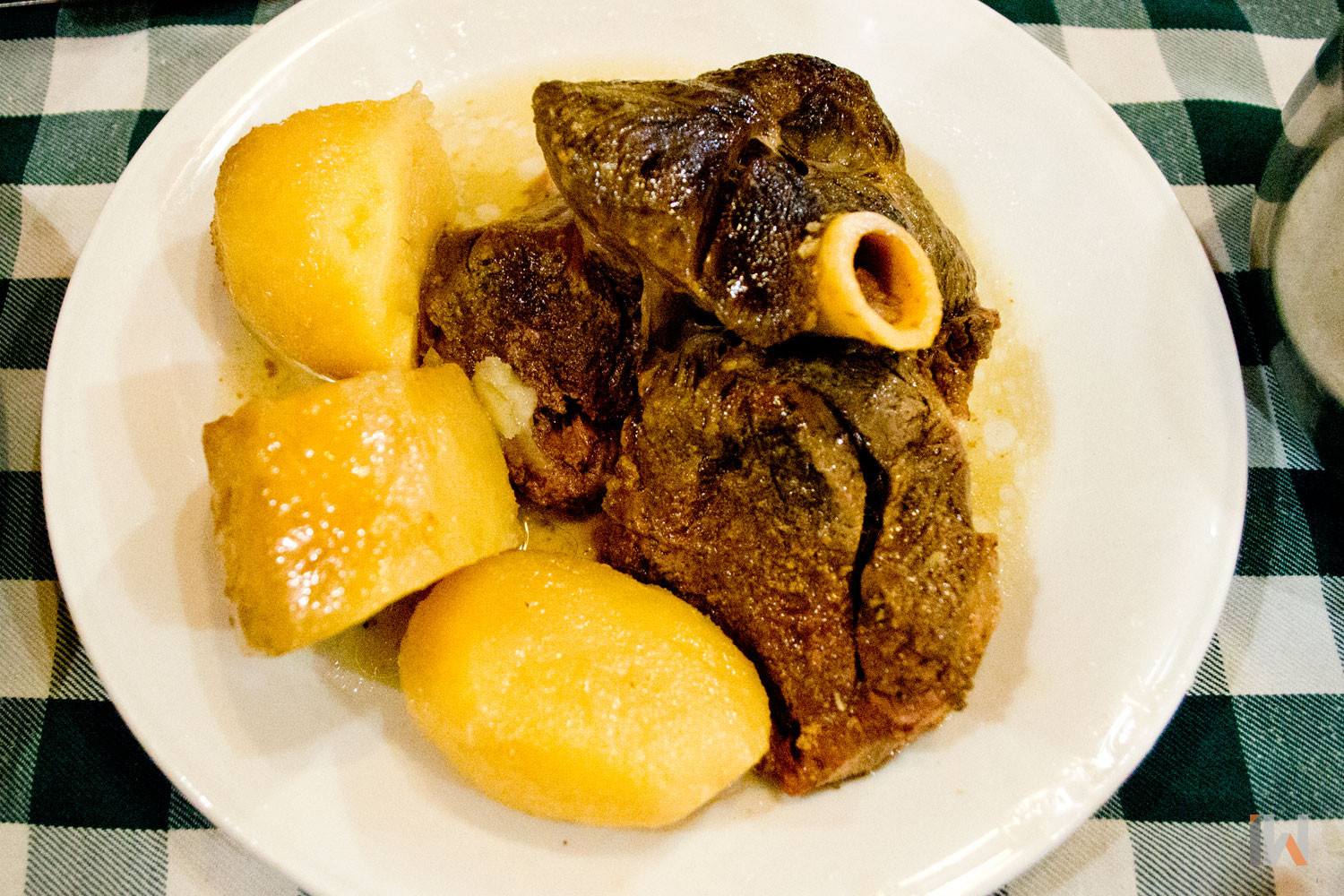
KLEFTIKO
A widespread delicacy in Cyprus, Oven Kebab, also known as Kleftiko, is a special dish prepared by long, slow cooking in a clay (brick) oven. Rooted in ancient Cypriot traditions, this kebab is associated with sheep stolen from the wealthy. The stolen lamb meat would be buried underground and cooked in the same pit to conceal the pilfered meat. Hence, it is sometimes referred to as "Thief's Kebab." The preparation of the kebab is quite distinctive. After preheating the stone oven, potatoes and meat are placed in a large tray. Salt, black pepper, and spices are added, and bay leaves are a must. The tray is moistened with a bit of water, covered with foil, and placed in the oven. The oven's mouth is sealed with clay, and after cooking for approximately 5-6 hours, you can be ready to experience this traditional delight.
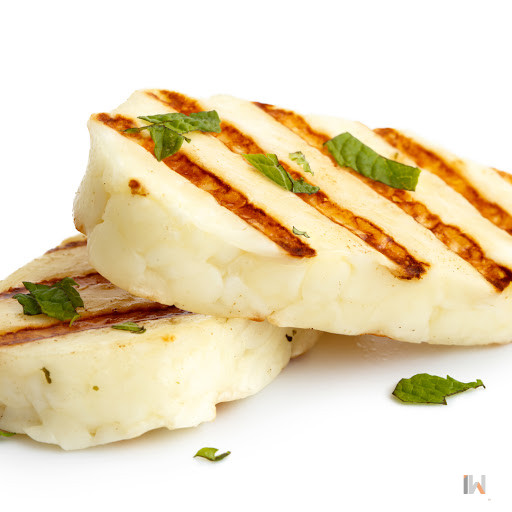
HALLOUMI
Halloumi is a traditional Cypriot cheese that has gained international acclaim for its unique taste and versatile culinary uses. Made from a combination of sheep's and goat's milk (sometimes cow's milk), halloumi has a semi-hard texture and a distinctive salty flavor. What sets halloumi apart is its ability to retain its shape when heated, making it ideal for grilling or frying without melting. This characteristic gives halloumi its satisfyingly crisp exterior and soft, creamy interior. Typically enjoyed fresh or lightly cooked, halloumi is often served as part of meze platters, salads, sandwiches, or as a standalone appetizer. Its popularity has extended beyond Cyprus, with halloumi now enjoyed worldwide for its delicious taste and unique texture.
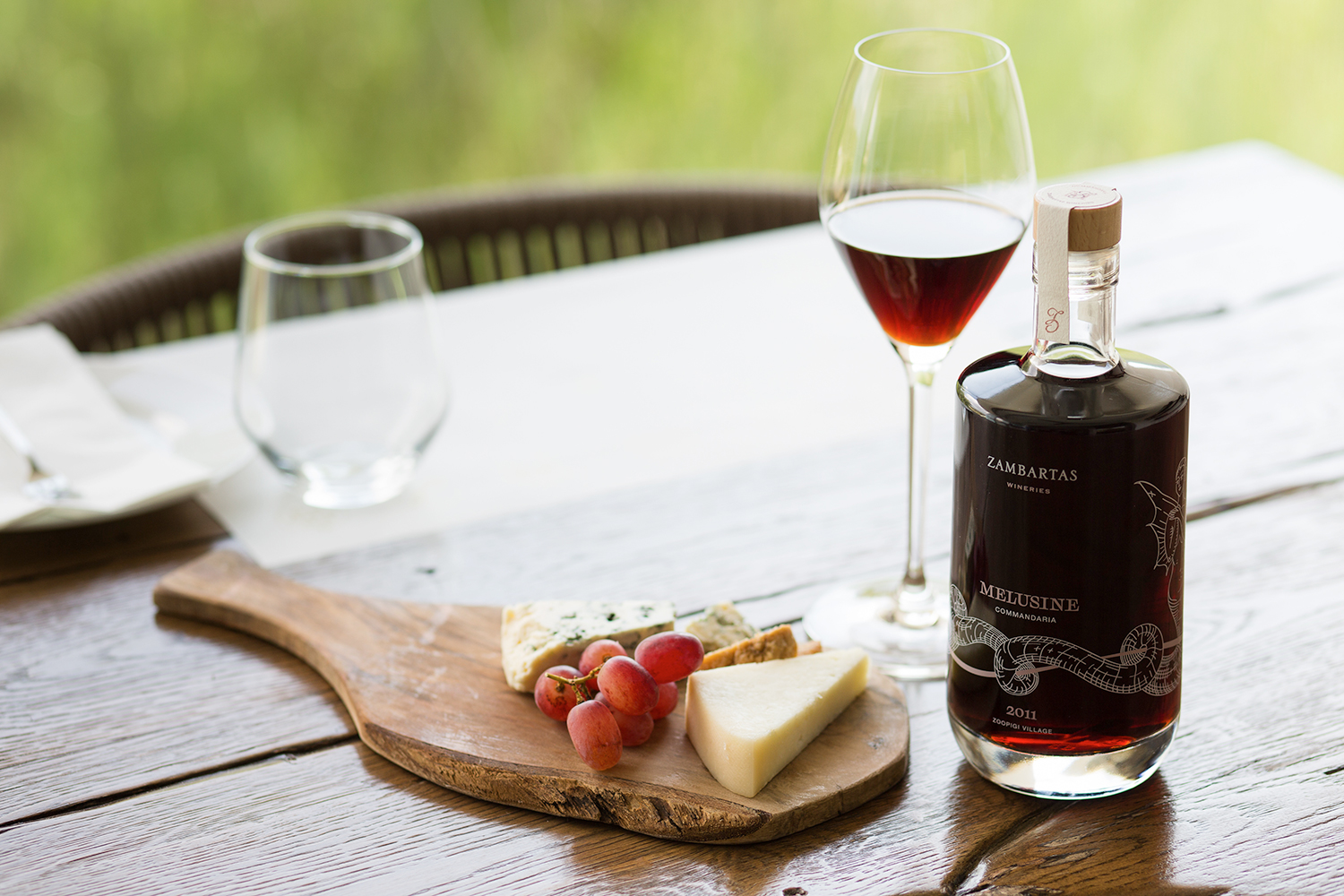
COMMANDARIA
Commandaria is a historic and renowned sweet dessert wine that holds the distinction of being one of the oldest named wines still in production today. Produced exclusively in Cyprus, Commandaria has a rich heritage dating back over 4,000 years, making it one of the oldest wines in the world with a protected designation of origin (PDO). This amber-colored wine is made from sun-dried grapes, primarily the indigenous varieties Xynisteri and Mavro, grown in the foothills of the Troodos Mountains. The grapes undergo a long fermentation process and are aged in oak barrels for several years, resulting in a complex and intensely flavored wine with notes of caramel, dried fruits, and spices. Commandaria is celebrated for its sweetness and smooth texture, often enjoyed as a dessert wine or paired with cheese, nuts, or rich desserts like baklava. Its historical significance, unique production methods, and exquisite taste continue to make Commandaria a cherished symbol of Cypriot winemaking and cultural heritage.
HOW MANY DAYS SHOULD YOU SPEND IN LIMASSOL?
The ideal duration to spend in Limassol largely depends on your travel preferences and interests. For a comprehensive experience, plan to spend at least 3 to 4 days in the city. This timeframe allows you to explore Limassol's rich historical sites, such as Limassol Castle and the Archaeological Museum, which offer insights into the city's diverse past. You can also relax and enjoy the city's beautiful beaches, like Dasoudi Beach or Lady's Mile Beach, ideal for unwinding and soaking up the Mediterranean sun. Additionally, allocate time to savor the local cuisine at traditional tavernas and restaurants, and perhaps visit nearby wineries to sample Cyprus's famous wines, including Commandaria. Whether you're interested in history, relaxation, or culinary delights, spending a few days in Limassol ensures a well-rounded experience of this vibrant coastal city.
